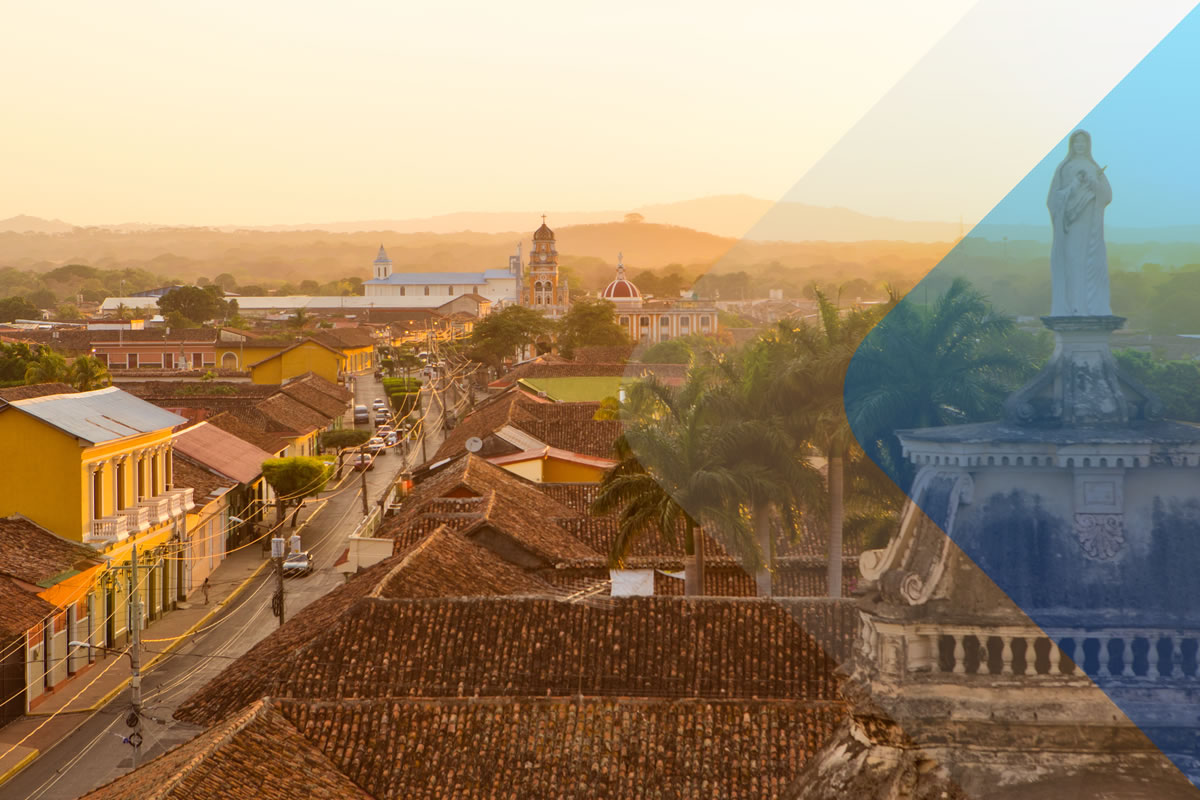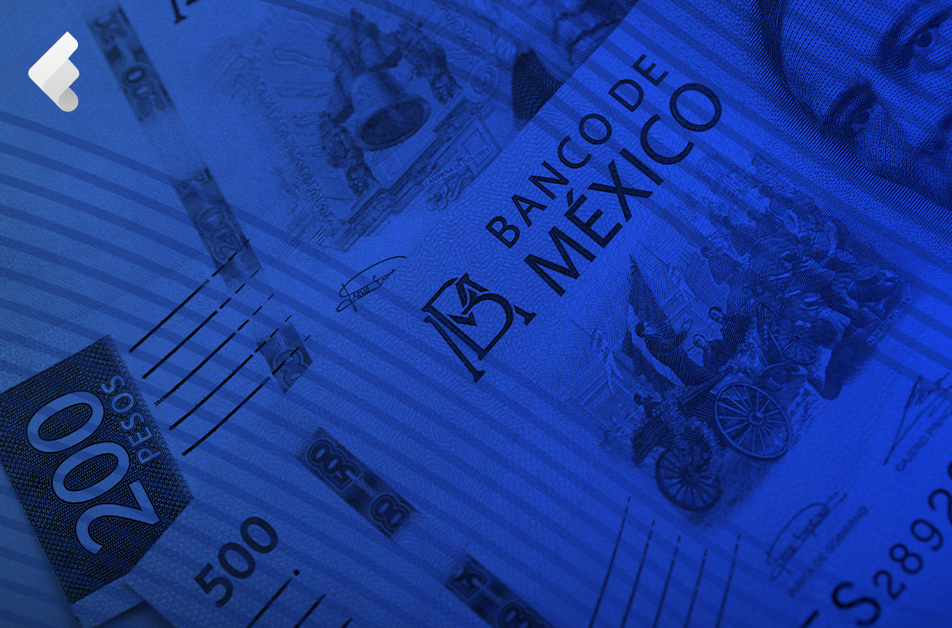Table of Contents
If you’re considering expanding or relocating your business to a new country, one of the most important aspects to consider is that country’s tax system. Tax laws can either hurt or help businesses, and you must know how that country’s taxes will affect your company.
This tax overview will investigate three areas of Nicaragua’s tax system: personal taxes, corporate taxes, and value-added taxes.
SERVIAP can help with your global expansion needs. Contact us today to learn how you can expand your business with PEO in Nicaragua.
Nicaragua Personal Taxes
Here’s everything you need to know about personal taxes in Nicaragua:
Who is Taxed?
In Nicaragua, both residents and non-residents are subject to taxes for income earned within the country. An individual is determined to be a resident of Nicaragua if they have spent 180 days or more residing in the country.
What is the Tax Rate?
For non-residents, there is a single 15% flat tax rate for all taxable income generated from Nicaraguan sources. For residents, there is a progressive tax structure that goes up to 30% for all taxable income over 500,000 Nicaraguan córdobas (NIO), which is just over $14,000 USD.
The 30% tax rate is among the highest in Central America. However, the progressive scale does offer relief to some taxpayers.
National vs. International Income
Nicaraguan residents are subject to income tax on all money earned worldwide. Non-residents, on the other hand, are responsible for taxes only on income generated from Nicaraguan sources, and the country does not tax any income that comes from foreign sources.
Capital Gains, Exemptions & Other Considerations
Nicaragua does not have a separate law for individual capital gains, instead treating them as ordinary income. The same is true for rental income. Property taxes typically run at 1% of the purchase price, and there is also an inheritance tax that can reach 3% for estates over 100,000 NIO.
Nicaragua Corporate Taxes
Here’s everything you need to know about corporate taxes in Nicaragua:
Who is Taxed?
In Nicaragua, companies are considered tax residents if they are registered as a Nicaraguan business or have their fiscal or managerial home in the country. However, Nicaragua also taxes companies with permanent establishments, or PEs — places or people through which a foreign company conducts business.
For both tax resident companies and those with PEs, corporate taxes only apply to income generated from Nicaraguan sources, including active and passive income.
What is the Tax Rate?
The Nicaraguan corporate income tax rate is determined by two systems, with companies being responsible for paying the higher of the two rates:
- 30% of the net taxable income, meaning gross receipts less expenses
- The definitive minimum tax, which is 1% to 3% of all gross income earned during the fiscal year
The 30% corporate rate is at the top of the range in Central America, equaling the rates in El Salvador and Costa Rica. It is also roughly seven percentage points higher than the average worldwide income tax rate of 23%.
While there are many available deductions, companies may be unable to enjoy those lower rates with the progressive definitive minimum tax.
What is Taxable Income?
For both resident and non-resident companies in Nicaragua, taxable income is calculated in two ways. The first method determines taxable income by subtracting expenses and deductions from gross income to arrive at net taxable income. In the second method, a progressive tax scale is applied to gross income during the tax year.
These two tax amounts are compared against each other, and the company is required to pay the higher of the two amounts to the Nicaraguan government.
Tax Incentives & Deductions
In Nicaragua, corporate capital gains are taxed at a lower rate of 10%. Several laws are in place that grant tax exemptions for certain kinds of work, including encouraging tourism and renewable energy initiatives.
Nicaragua has also established free trade zones for several industries, including processing, production, and outsourcing. Companies who set up businesses in these zones enjoy a ten-year exemption from corporate taxes, which they can extend to a total of 20 years.
Raw materials, equipment, and other key goods are also exempt from import duties.
Nicaragua VAT Taxes
Value-added taxes, better known as VAT taxes, are a common form of consumption tax. The value-added portion is the difference between a company’s sales and its cost of purchasing services or goods from another business. Here’s what you need to know about VAT taxes in Nicaragua:
Who is Taxed?
Nicaragua imposes a VAT tax on most goods and services consumed by individuals, including the grant use of assets. Imported goods are also subject to the Nicaraguan VAT tax. However, exports are considered exempt from VAT taxation.
What is the Tax Rate?
The standard VAT tax rate in Nicaragua is 15% of the sale price. These taxes are collected at the time of sale and are remitted monthly to the Nicaraguan government.
Some several goods and services are considered exempt from VAT taxes, including:
- Staple food products
- Used goods
- Most medicines
- Real estate sales
- Educational expenses, including textbooks and tuition
There is also a credit and transfer system for companies that pay VAT taxes to produce other goods or services subject to VAT taxes. A company’s VAT tax liability is determined by comparing the amount of VAT paid on the input materials with the amount of VAT collected.
Is Nicaragua Right for Your Business?
SERVIAP is a leading Professional Employer Organization (PEO) ready to help your business expand operations throughout the Western Hemisphere. PEO is a model of co-employment, where we assume total responsibility for your talent, allowing you to focus on the strategic activities of your organization.
Contact us today to learn more about how you can expand your business in Nicaragua.
,
formId: “4f609ddb-8f77-426d-8e9e-de115378f21f”
});






























